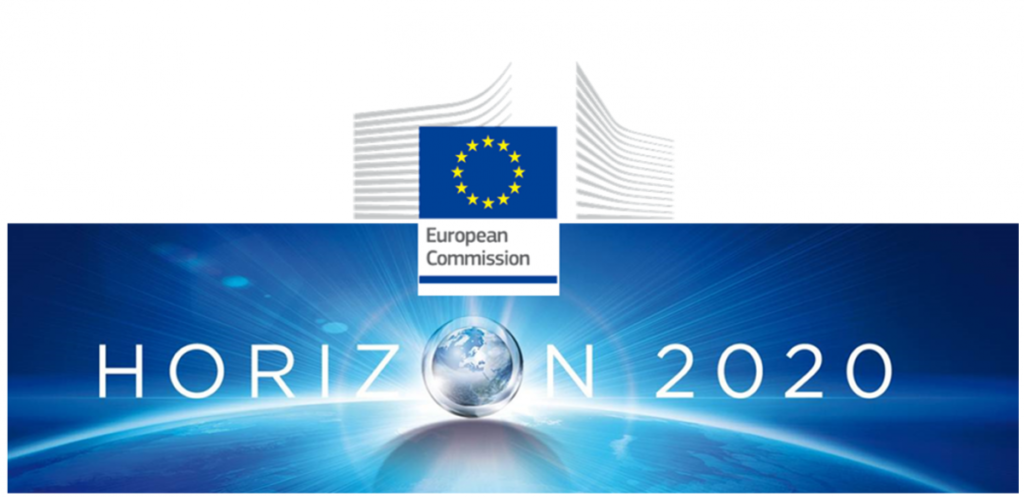The European Commission is once again preparing to start billion-euro ‘flagship’ science initiatives. Of the 33 consortia that submitted a proposal last year, six are still left after a two-step selection process. Utrecht researchers are participating in two of these consortia: Time Machine and Energy-X. The consortia that are still in the running have now each been awarded one million euros to develop more detailed plans. A maximum of three consortia will be awarded the final funding.
The European Commission has already financed three of these European billion-euro projects: the Human Brain Project and the Graphene Flagship started in 2013, followed by the Quantum Flagship in 2017. In 2021, the next round of FET Flagship projects should begin, with a duration of about ten years.
Time Machine
The Time Machine project aims to ‘harvest’ the rich cultural heritage of Europe with newly developed digitization and AI technologies. In this way, a wealth of data, varying from medieval manuscripts and historical objects to smartphone and satellite images, will be converted into usable knowledge for numerous applications. Toine Pieters, the project leader of the Utrecht Time Machine, represents Utrecht University in the project.
In addition to research institutes, the project also involves heritage organizations, the public sector, and industry. Time Machine is also a growing network of cities, including Utrecht. “The Time Machine project is the dream of everyone who is interested in history: exploring the past as if we were there. A kind of Google Earth for history, in which you can navigate through historical Europe in time and space,” says Julia Noordegraaf, Professor of Digital Heritage at the University of Amsterdam and board member of the consortium.
Energy-X
In the Energy-X project, researchers and industry will collaborate to develop the science and technology needed to enable economically sound production of carbon-neutral fuels, chemicals, and materials. The project aims to take major steps in the efficient conversion of solar and wind energy into chemical form. The project is led by the Technical University of Denmark. The research group of Bert Weckhuysen is the Utrecht participant in the consortium.
“Energy-X will not only create scalable scientific solutions but also transfer this knowledge into two demonstration projects, namely the manufacturing of carbon-neutral aviation fuels and the decentralized production of fertilizers with zero CO2footprint,” says project coordinator Jens K. Nørskov, Professor at the Technical University of Denmark.
Source: website Utrecht University

